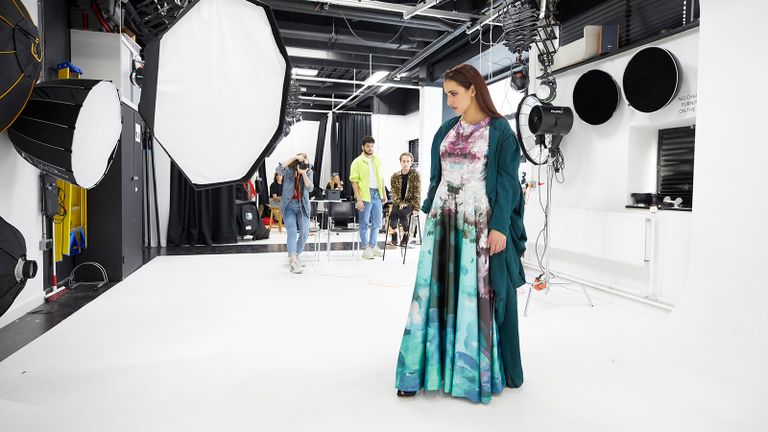Solent University
National rank
114
th
73.1
%
Firsts / 2:1s
77.8
%
Completion rate
Key stats
37
th=
Teaching quality
67
th=
Student experience
128
th
Research quality
123
rd
Graduate prospects

Contact details
Address
East Park Terrace, Southampton , SO14 0YN,
View on mapTelephone
Website
Open days
Performance
| Category | Score | Rank |
|---|---|---|
| Ranking | - | 114 (112=) |
| Teaching quality | 76.8 | 37th= |
| Student experience | 71.7 | 67th= |
| Research quality | 12.6 | 128th |
| Ucas entry points | 112 | 108th= |
| Graduate prospects | 63.3 | 123rd |
| Firsts and 2:1s | 73.1 | 98th |
| Completion rate | 77.8 | 115th |
| Student-staff ratio | 17.5 | 85th= |
Vital statistics
| Undergraduates |
Full-time 9,562 |
Part-time 514 |
| Postgraduates |
Full-time 865 |
Part-time 400 |
| Applications/places | 8,460/1,870 | |
| Applications/places ratio | 4.5:1 | |
| Overall offer rate | 87.4% |
Accommodation
| Places in accommodation | 1,200 | |
| Accommodation costs | £109 - £156 | |
| Accommodation contact | www.solent.ac.uk/accommodation |
Finance
| UK/EU fees | £9,250 | |
| Fees (placement year) | £1,425 | |
| Fees (overseas year) | £5,200 | |
| Fees (international) | £12,875 - £13,800 | |
| Finance website | https://www.solent.ac.uk/finance | |
| Graduate salaries | £21,000 |
Sport
| Sport points/rank | 527.5, 59th | |
| Sport website | www.solent.ac.uk/solent-sport |
Social inclusion and student mix
| Social Inclusion Ranking | 42 | |
| State schools (non-grammar) admissions | 96.2% | |
| Grammar school admissions | 0.7% | |
| Independent school admissions | 3.1% | |
| Ethnic minority students (all) | 17.3% | |
| Black achievement gap | -35.7% | |
| White working class males | 9.3% | |
| First generation students | 48.1% | |
| Low participation areas | 20.2% | |
| Working class dropout gap | -0.8% | |
| Mature | 44.2% | |
| EU students | 15% | |
| Other overseas students | 6.7% |
Student satisfaction with teaching quality
| Social work | 85.6% | |
| Communication and media studies | 81.6% | |
| Law | 79.8% | |
| Information systems and management | 79.4% | |
| Sports science | 78.5% | |
| Accounting and finance | 78.2% | |
| Art and design | 76.9% | |
| Criminology | 75.4% | |
| Computer science | 74.9% | |
| Hospitality, leisure, recreation and tourism | 72.7% | |
| Music | 70.9% | |
| Drama, dance and cinematics | 70.7% | |
| Business, management and marketing | 68.6% | |
| Psychology | 67.1% |